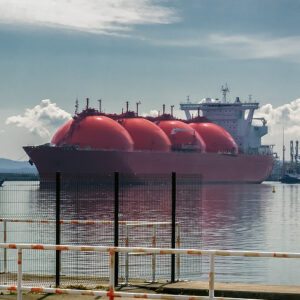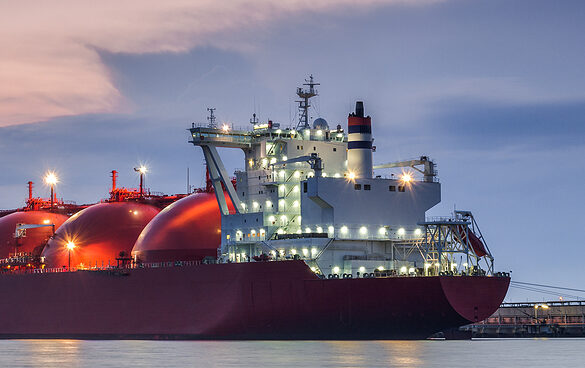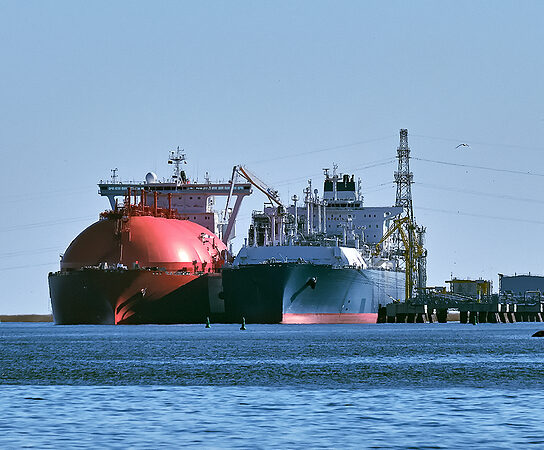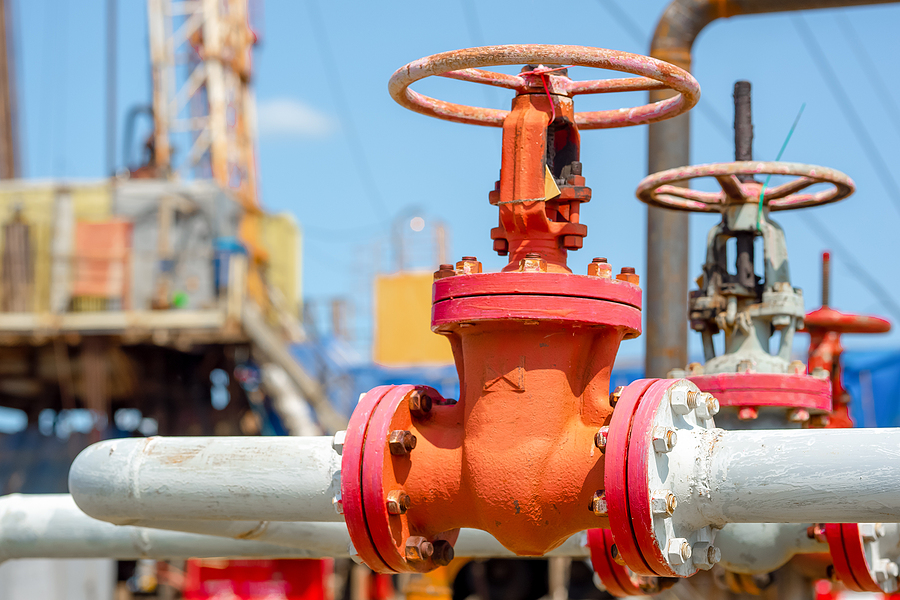President Donald Trump made expanding U.S. energy production the centerpiece of his America First agenda. And his Department of Government Efficiency (DOGE) project is looking for ways to cut spending, not increase taxpayer liabilities. So why did the Export-Import Bank of the United States (EXIM) just pour nearly $5 billion into a major liquefied natural […]








